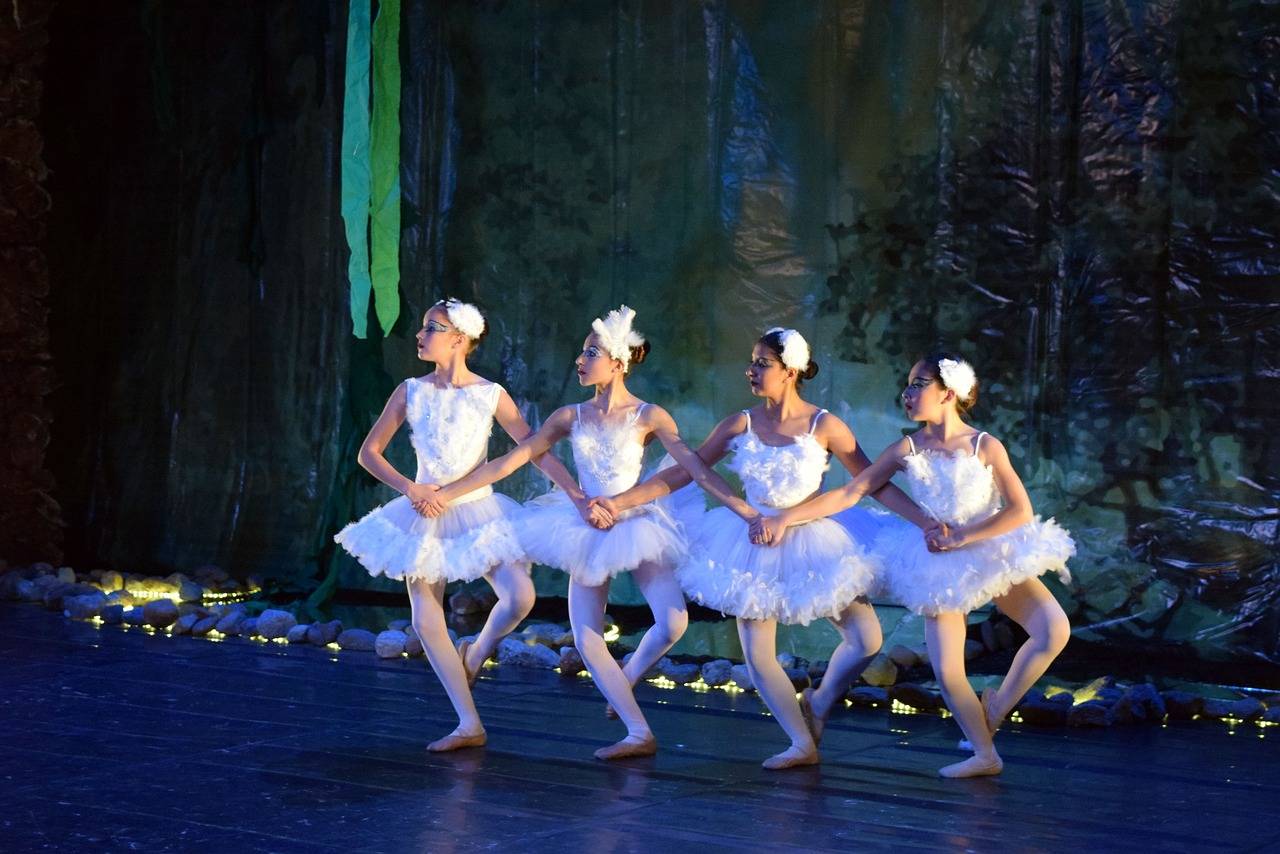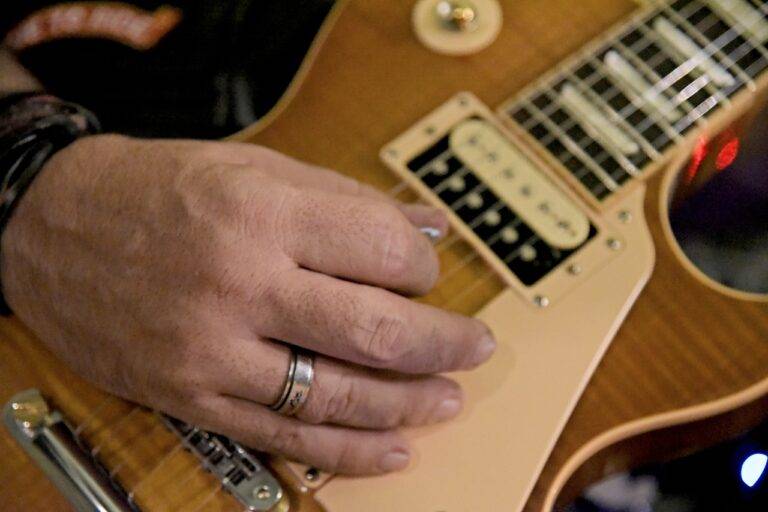Cultural Appropriation in Entertainment: Navigating Sensitive Issues
Cultural appropriation in entertainment dates back to colonial times when Western powers exploited and distorted cultural practices for entertainment value. This practice perpetuated harmful stereotypes and undermined the integrity of various cultures. As entertainment industries expanded globally, the appropriation of cultures became more prevalent, with marginalized communities bearing the brunt of misrepresentation.
During the early years of Hollywood, the film industry often depicted minority cultures through a white lens, distorting their traditions and beliefs. This perpetuated the idea that these cultures were inferior and needed to be “saved” or “civilized” by the dominant Western culture. These harmful portrayals not only misrepresented minority groups but also perpetuated harmful stereotypes that continue to impact perceptions today.
Defining Cultural Appropriation and its Impact
Cultural appropriation is the act of taking elements from a marginalized culture without proper understanding or respect, often for the purpose of profit or personal gain. This can include adopting traditional clothing, hairstyles, art, music, or other cultural practices without acknowledging or honoring their origins.
The impact of cultural appropriation can be significant, as it can perpetuate harmful stereotypes, erase the significance of cultural traditions, and contribute to the marginalization of already oppressed communities. When cultural elements are commodified without consent or proper representation, it can lead to cultural misrepresentation and exploitation.
Examples of Cultural Appropriation in the Entertainment Industry
One glaring example of cultural appropriation in the entertainment industry is the use of Native American headdresses as fashion accessories. These headdresses hold deep spiritual significance in Native American culture, but have often been worn inappropriately by celebrities and models at events like music festivals and photoshoots, reducing them to mere fashion statements devoid of their sacred meaning. This disrespectful use of Native American symbols perpetuates harmful stereotypes and disrespects a culture that has faced centuries of marginalization.
Another common example of cultural appropriation in entertainment is the practice of white actors donning blackface or other racial makeup to portray characters of different ethnicities. This offensive and outdated practice reinforces racist stereotypes and denies opportunities for actors of color to authentically represent their own communities on screen. Despite its harmful implications, blackface has historically been used in film, television, and theatre, perpetuating harmful stereotypes and undermining the storylines of marginalized communities.





